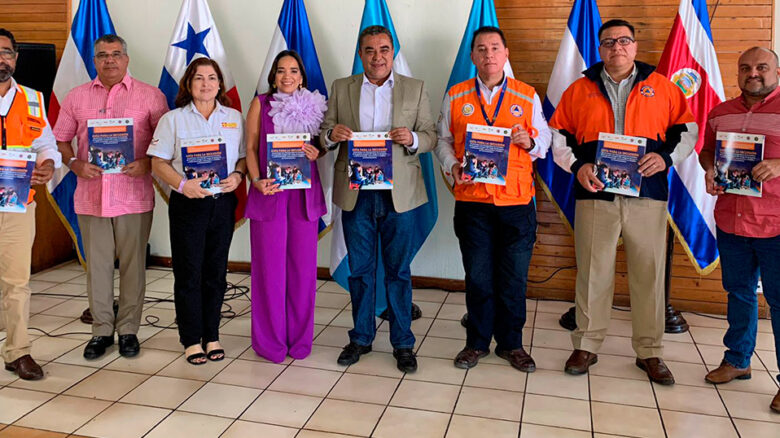
Inclusion processes and experiences
New Central American guide on inclusion of persons with disabilities in risk reduction was presented to ministers in Central American forum

New Central American guide on inclusion of persons with disabilities in risk reduction was presented to ministers in Central American forum
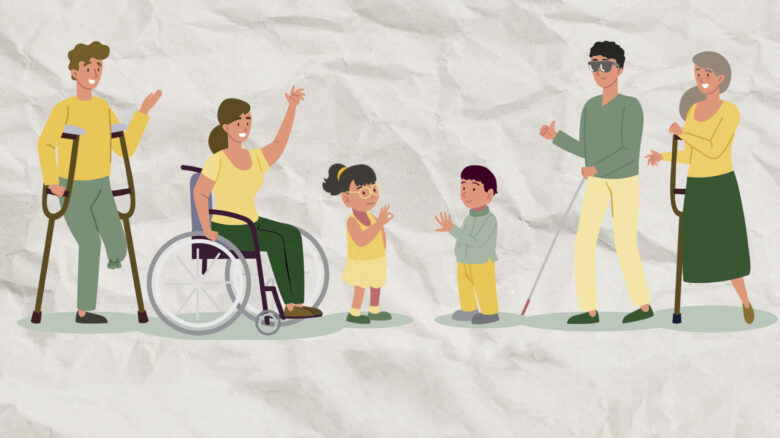
For ASB, the GPDRR provides an opportunity to engage in an exchange with international decision-makers in the field of disaster risk reduction and to present ASB's approaches, for example with regard to the identification and empowerment of particularly vulnerable population groups.
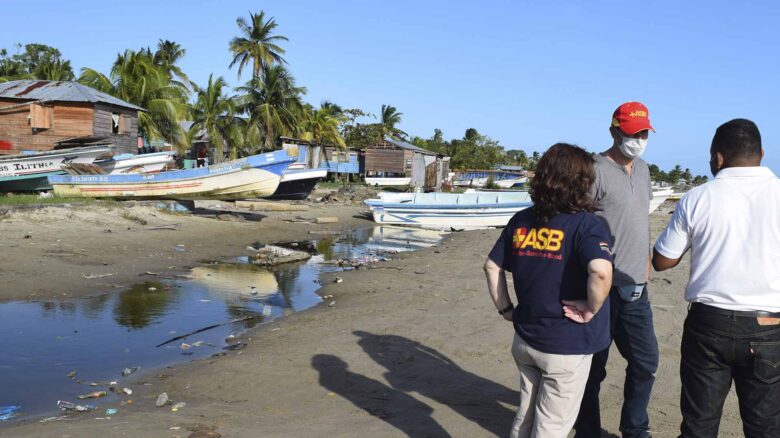
The Central American region is extremely vulnerable to climate change-related problems such as droughts and floods. The countries that make up the region are also adversely affected by the impact of the current climate crisis and are disproportionately affected by extreme weather events.
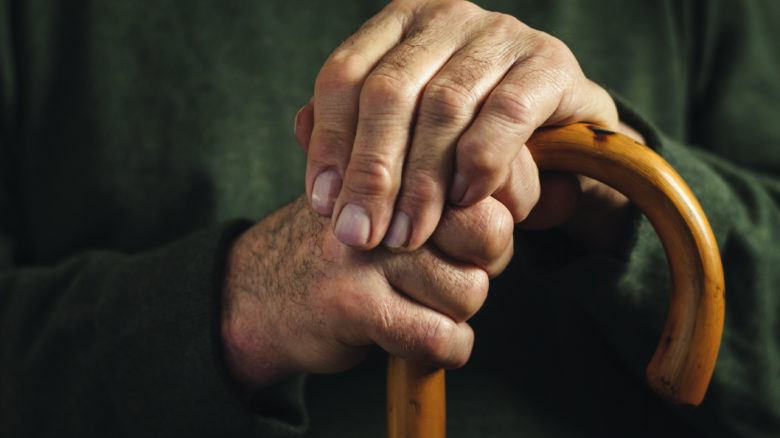
Although deaths from coronavirus are concentrated in the older population, primarily those with chronic illnesses, this virus can infect anyone. Some have pointed out that COVID-19, like many other pathogenic microorganisms, does not discriminate.

From 13 to 17 May 2019, during the Global Platform for Disaster Risk Reduction in Geneva, Switzerland, ASB had a stand at the UNDRR (United Nations Office for Disaster Risk Reduction) "Innovation Platform".
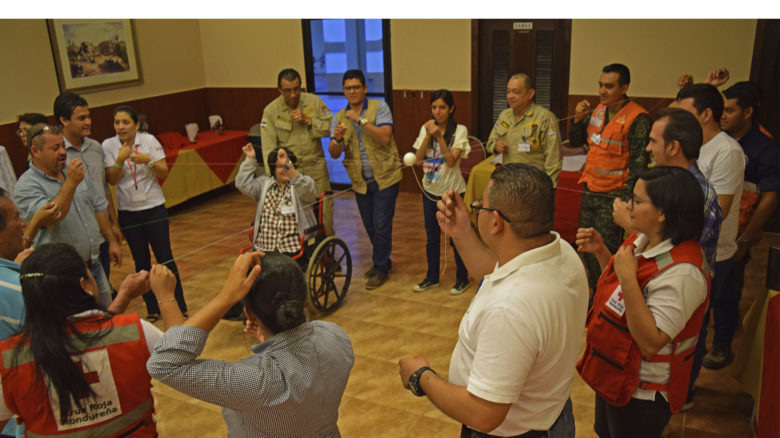
From recipients of aid, to agents of change
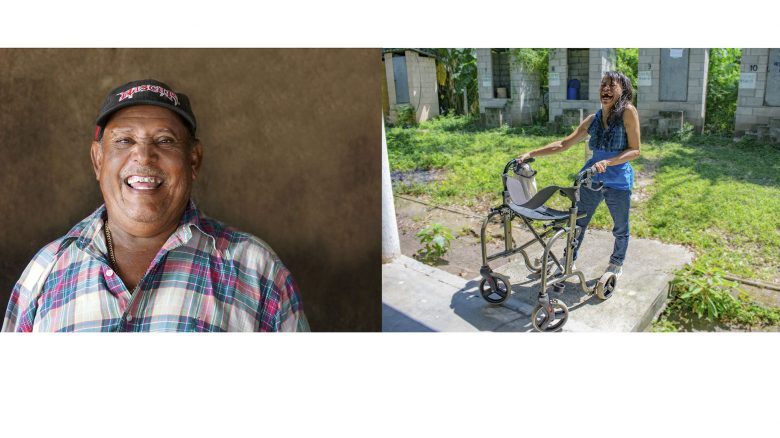
If we all, at whatever level, contribute our skills and knowledge, better decisions will be made during an emergency and with the necessary speed. As a result, we can save more lives.
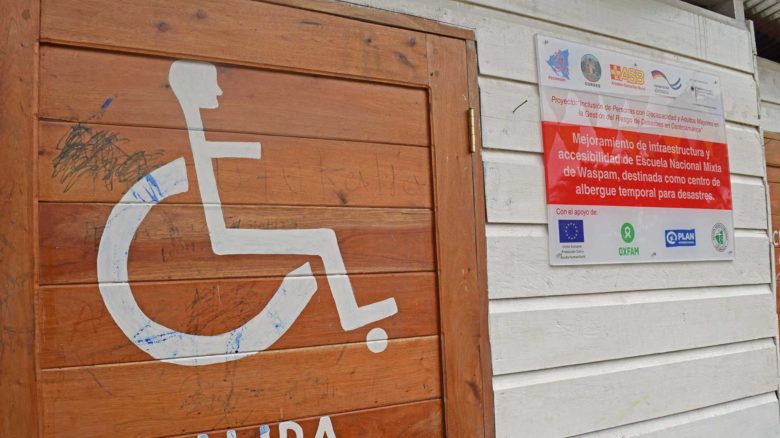
With 80% of the population living in extreme poverty, Waspam has 50 public schools distributed over 9,767 km² of territory, inhabited mainly by the Miskito indigenous group.
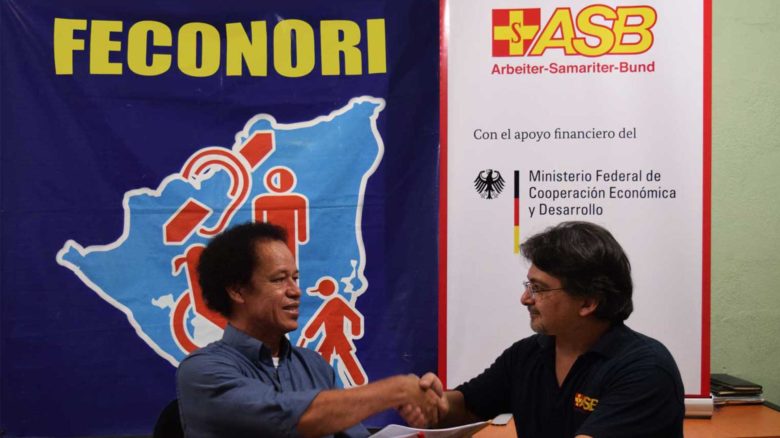
Nothing about us without us! Under this slogan, ASB and the Federation of Associations of People with Disabilities in Nicaragua (FECONORI) have now signed a partnership agreement 2016-2019.
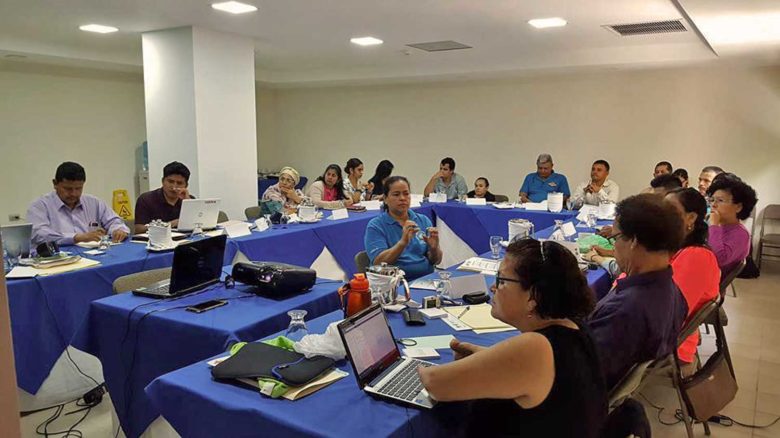
During 4, 5 and 6 October 2016 the Regional Induction and Planning Workshop was held, which initiated the project financed by the German Ministry of Economic Cooperation and Development.